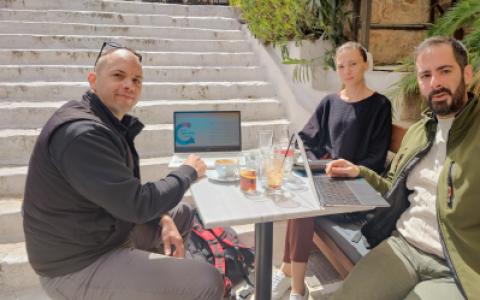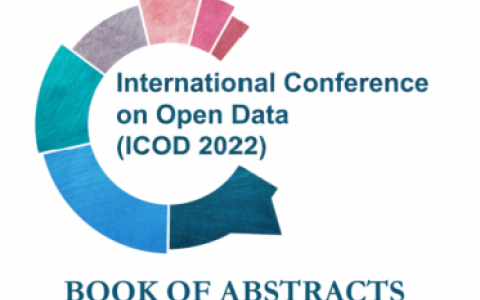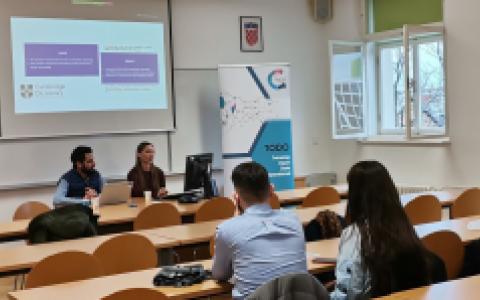Public domain
Content to which copyright does not apply, for example because it has expired or it never existed, is free for any kind of use by anyone and is said to be in the public domain. CC0, one of the licences of Creative Commons, is a ‘public domain dedication’ which attempts so far as possible to renounce all rights in the work and place it in the public domain. Source: ODH






